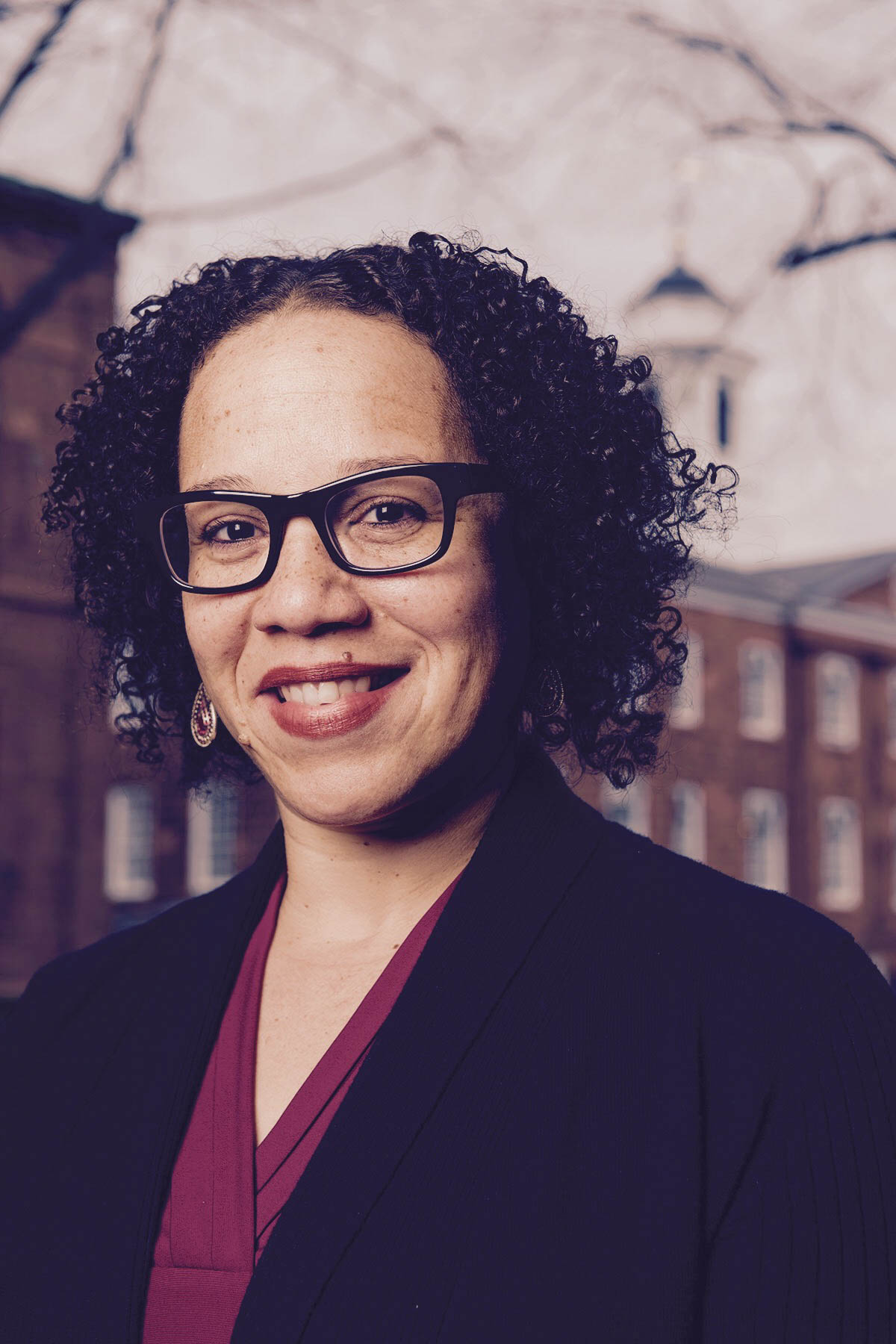Biography
Marisa J. Fuentes’s scholarship brings together critical historiography, historical geography, and black feminist theory to examine gender, sexuality, and slavery in the early modern Atlantic World. She teaches courses in the History and Women’s and Gender Studies departments on topics ranging from early modern Caribbean history and women’s and gender history in the United States to feminist theories and methodologies.
She is the author of Dispossessed Lives: Enslaved Women, Violence, and the Archive (University of Pennsylvania Press, 2016) which won the Barbara T. Christian Best Humanities Book Prize, the Berkshires Conference of Women’s Historians First Book Prize, and the Letitia Woods Brown Memorial Book Prize from the Association of Black Women Historians. Dispossessed Lives illuminates the lives of enslaved women in eighteenth century Bridgetown, Barbados by reading fragments of traditional archival materials “against the bias grain.” The book interrogates the archive and its historical production to challenge the methods and categories by which historians have analyzed slavery in the Atlantic World, in addition to engaging with larger questions of violence, agency, and gender. She has written a number of articles, book chapters, and book reviews, including “Power and Historical Figuring: Rachel Pringle Polgreen’s Troubled Archive,” which won the Andres Ramos Mattei-Neville Hall Article Prize. She is also the co-editor of Scarlet and Black: Slavery and Dispossession in Rutgers History, Volume I (Rutgers University Press, 2016), and the ‘Slavery and the Archive’ special issue in History of the Present (November 2016). Her next project will explore the connections between capitalism, the transatlantic slave trade and the disposability of black lives in the seventeenth and eighteenth centuries.
Fuentes’s research has been funded by several institutions including the Ford Foundation, Fulbright IIE Program (Barbados), the Charles Warren Center for Studies in American History at Harvard University, and the Schomburg Center for Research in Black Culture with funding from the National Endowment for the Humanities.

